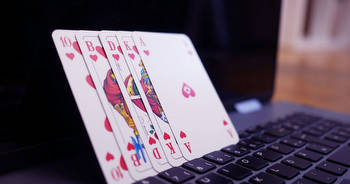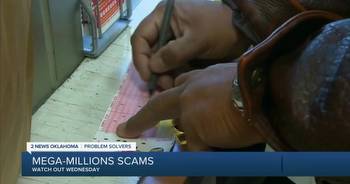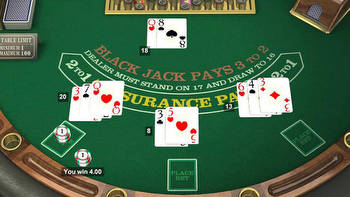Expert: Michigan gamblers see big tax bill from winnings
It's no secret sports betting can be lucrative. Turns out when gamblers win, the Internal Revenue Service is victorious too. Marion Jane, a certified public accountant at Saginaw Valley Business Services, says players could see a big tax bill.
"If you're starting and you do spend a significant amount of money and/or time or win something that is of significant items, it could have a tremendous impact on with what you owe, " Jane said.
And it isn't just sports betting. Any gambling winnings can be taxed.
"Per the IRS, you are technically supposed to claim taxes on all your winnings from all sorts of gambling whether they issue you a form or not," Jane said.
We looked at seven of the top sports betting apps in Michigan. The word 'tax' isn't found on any of their front pages.
Jane told us "There's very little information on the sites that talk about the taxes, and the information, and what it's going to cost you, and that you're going to be taxed possibly at a federal level, a state level, a local level,".
Jane says if you gamble, you have to keep track of what you're doing so you don't lose big.
"You have to pull up your accounts and look at your accounts and realize with where you're at, and what's going on, to how it's going to affect you and how it may affect you on your tax return," Jane said.
And if you collect Social Security, Jane tells us winnings from gambling could increase the amount your Social Security income is taxed in a given year.
"You go to the casino, and you win. And you might say 'I won $2,000'. But now all of a sudden it makes $1,200 more of your Social Security taxable. So now you're paying tax on $3,200 more. It has bigger impact, and it can have a quicker impact than just with what you won at the casino," Jane said.
Jane says knowing the answers to the questions of what you played, how much you spent, how much you invested, how much you earned, will all be helpful.
"How's this going to affect me? How much do I need to put away? What are my taxes? Do I need to make estimates?," Jane said.
As a general rule of thumb, Jane tells us setting aside about 25 to 30 percent of your winnings for taxes is a good idea. But if you're not sure, he says reaching out to a tax expert is always a safe bet.
"Knowing the information and just asking that question can prevent and can help prepare you for what could happen to you and your taxes and with what's going to happen. And when you don't ask the question it's too late," Jane said.



































